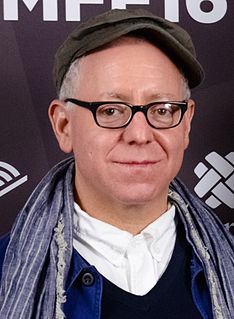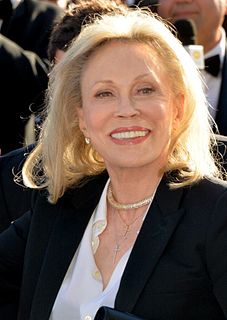A Quote by James Schamus
Independent films will probably kill themselves off by virtue of their own success. With a crossover hit like PULP FICTION, the criteria by which art-house movies are produced and marketed and exploited have changed. With studio money and overheads and budgets and deal-making machinery, a certain kind of narrative structure and popcorn-type payoff start infusing themselves.
Quote Topics
Art
Budgets
Certain
Changed
Criteria
Crossover
Deal
Exploited
Fiction
Films
Hit
House
Independent
Independent Film
Independent Films
Kind
Like
Machinery
Making
Money
Movies
Narrative
Narrative Structure
Off
Own
Payoff
Popcorn
Produced
Pulp
Start
Structure
Studio
Success
Themselves
Type
Virtue
Which
Will
Related Quotes
I define science fiction as the art of the possible. Fantasy is the art of the impossible. Science fiction, again, is the history of ideas, and they're always ideas that work themselves out and become real and happen in the world. And fantasy comes along and says, 'We're going to break all the laws of physics.' ... Most people don't realize it, but the series of films which have made more money than any other series of films in the history of the universe is the James Bond series. They're all science fiction, too - romantic, adventurous, frivolous, fantastic science fiction!
I had just finished reading The Day of the Locust when this piece was brought to my attention, and I was like, "How do you create art in the system, the way it is?" Looking around the studio film landscape, there are all of these great superhero movies, which is fantastic, especially for my kids, but it's hard to find real art house films in the studio system, these days.
I'm aware of narrating certain experiences as they happen or obliterating those experiences with narrative and then those stories - not the experiences themselves - might become material for art. This kind of transformation shows up a lot in 10:04 because the book tracks the transposition of fact into fiction in the New Yorker stor
I make videos which are works of art in themselves which have nothing to do with Hollywood movies or anything along those lines and I like videos because they deal with light and dark and time and change and they're just another kind of medium that I can get into and work with when I choose to other than, say, doing something on the wall or a window.



































